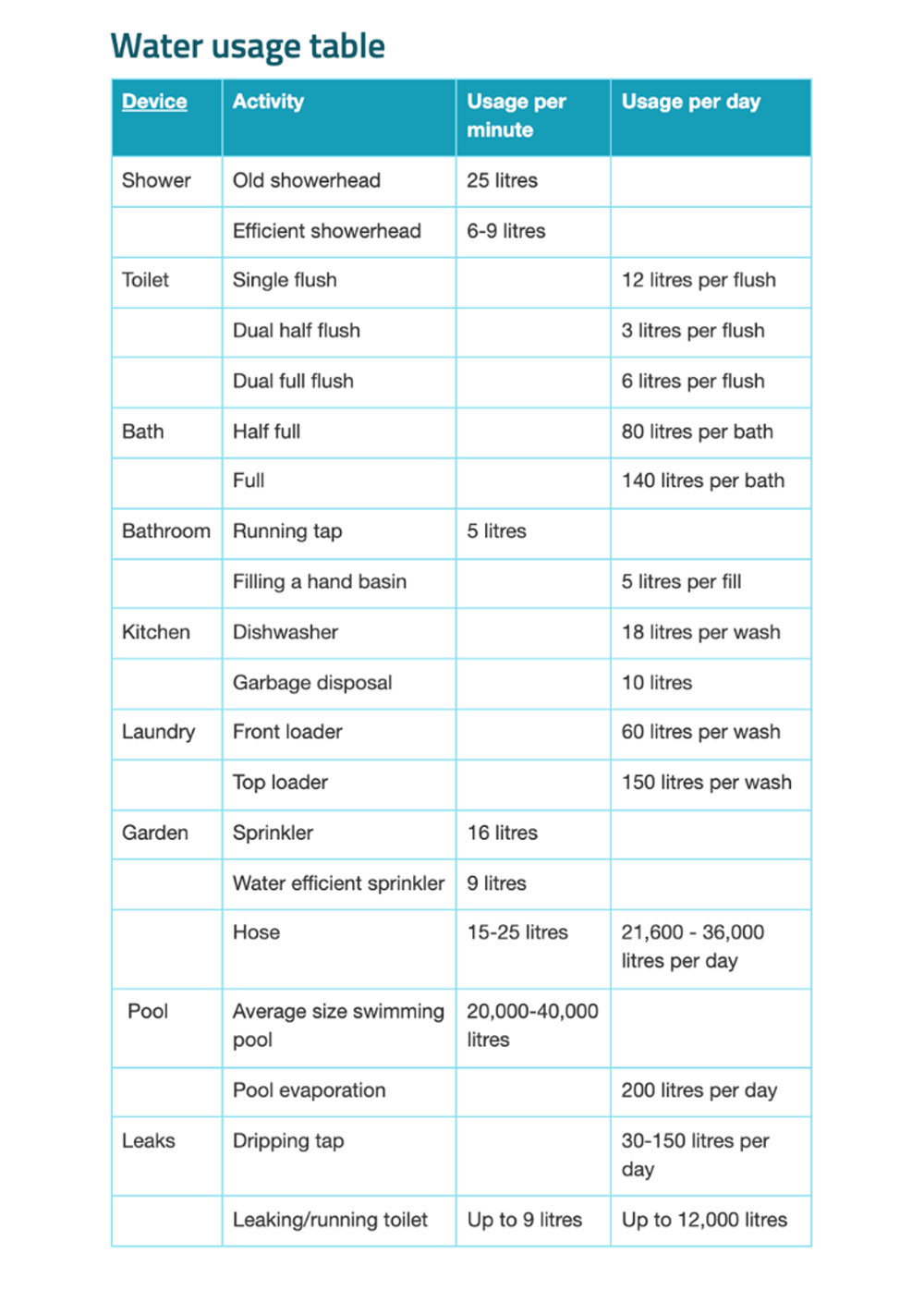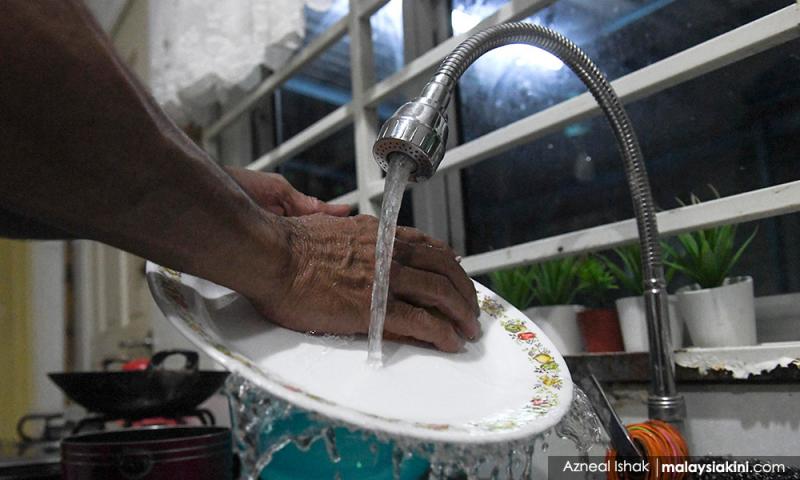LETTER | M'sia may face Day Zero if we don't use water wisely
LETTER | Just days before Prime Minister Ismail Sabri Yaakob announced the lifting of the travel ban (on Oct 3), residents of Klang Valley were treated to another news, 'Early notice of scheduled water supply disruption following upgrading and maintenance works for critical assets in Sungai Selangor phase 1 water treatment plant'.
The water disruption will start at 9am on Oct 13 and water supply is expected to be fully restored at 9pm on Oct 16.
As a two-year-old resident in the Klang Valley, I had experienced more water cuts here than my entire life combined.
As we are facing an impending water disruption, I would like to draw the readers' attention to 'Day Zero', a shorthand reference for the day when the water level of the major dams supplying the city could fall below critical value.
Cape Town, South Africa, was on its way to becoming the first major city in the world to run out of water in mid-2017 to mid-2018. The city implemented a series of water restrictions in a bid to curb water wastage, and succeeded in reducing its daily water usage by more than half in March 2018.
Increased consumption
Last year, the National Water Services Commission (SPAN) reported that consumption per capita (person) in Peninsular Malaysia and Labuan has spiked to 230 litres per capita per day in 2019, up from 226 litres in 2018 and 222 litres in 2017 when, in contrast, our national reserve margin is among the lowest since 2008.
The government aims to reduce water consumption to 180 litres per capita per day by 2025. The current water consumption of Malaysians is at 219 litres per capita per day compared with the recommended rate of 160 litres per day. This is a 18.3 percent reduction from now by 2025 and further nine percent reduction to reach the recommended rate of usage.
Some may wonder: do we really use that much water daily? What and where are the activities in which water is used? Firstly, drinking; it may go up to two litres daily.
Secondly, washing in the kitchen may take up to 40 litres per day. Next, toilet flush may go up to 30-40 litres per day.
Here comes the heavy ones, laundry and baths, which may take up to 100 litres each time. On top of them, there is also gardening and the swimming pool for some.

There are few suggestions to spend water wisely:
- Turn off the tap while you brush your teeth.
- Wash only full loads of dishes and clothes or lower the water settings for smaller loads.
- Try not to use too much water on the landscaping. Learn the plants’ water needs and water different types appropriately.
- Water the garden during the cool morning hours as opposed to midday to reduce evaporation.
For Cape Town itself, Day Zero hasn’t disappeared; it’s merely been delayed. What about Malaysia? Do we need to face such a crisis of scarcity before we fully appreciate and use water wisely?
DR LYE CHUAN WAY is with the Department of Social and Preventive Medicine, Faculty of Medicine, Universiti Malaya.
The views expressed here are those of the author/contributor and do not necessarily represent the views of Malaysiakini.
RM12.50 / month
- Unlimited access to award-winning journalism
- Comment and share your opinions on all our articles
- Gift interesting stories to your friends
- Tax deductable
